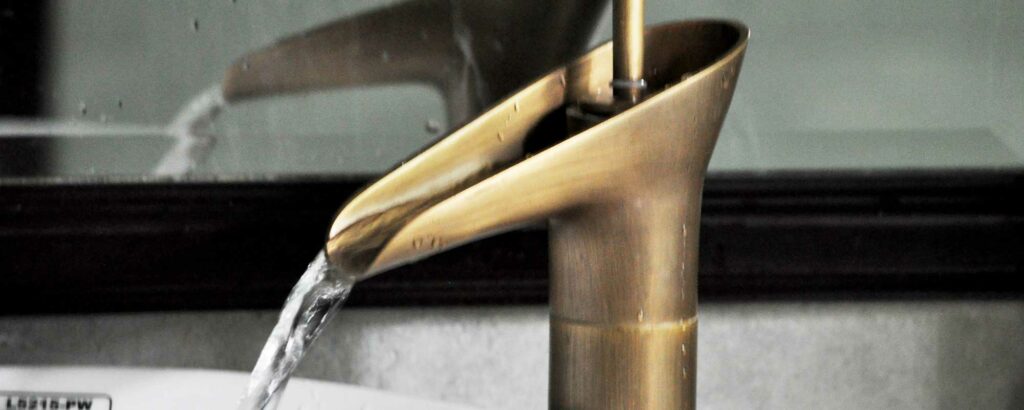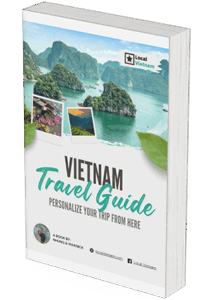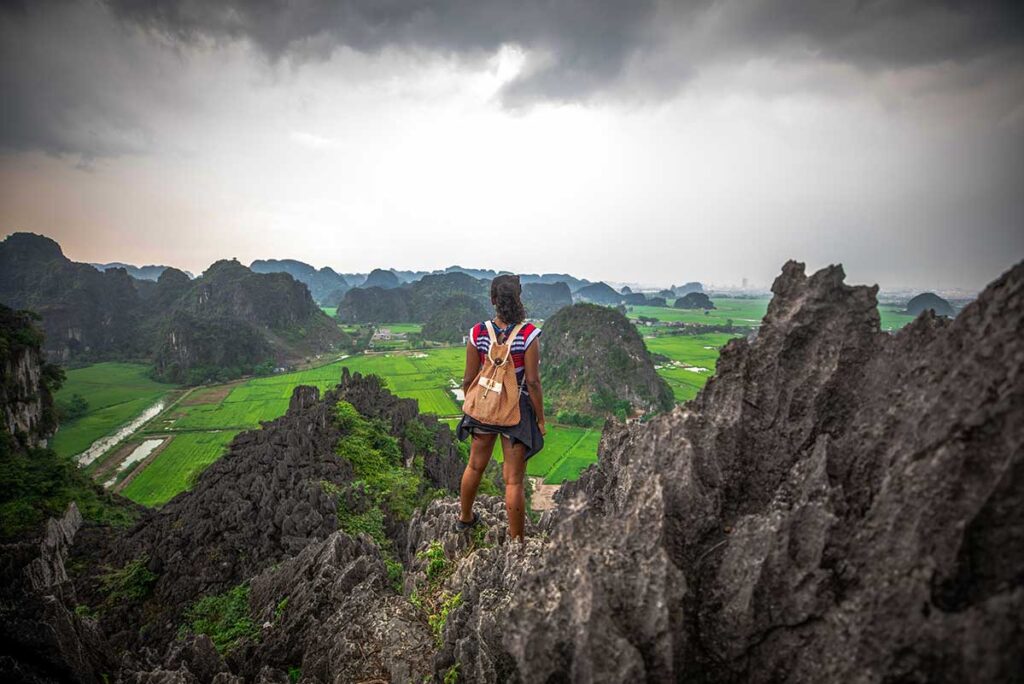Understanding the safety of tap water in Vietnam is crucial for travelers. This article explores the quality of tap water, covering whether it is safe to drink, use for brushing teeth, or cook with. And learn if it is safe to use ice cubes and washing and cooking food with water from the tap.
- Tap water quality
- Drinking tap water
- Ice cubes
- Brushing teeth
- Showering and bathing
- Washing & cooking food
- Bottled water
- Tips for using tap water
Tap water quality in Vietnam
The quality of water in Vietnam can vary across different regions. While the water in Vietnam may appear transparent, contrasting with some neighboring countries where water can be murky or yellowish, contamination remains a challenge for the government.
The water in Vietnam often contains high levels of contaminants such as E. Coli, ammonia, and arsenic, which can pose health risks. In urban areas, the water is generally cleaner but still not suitable for drinking purposes.
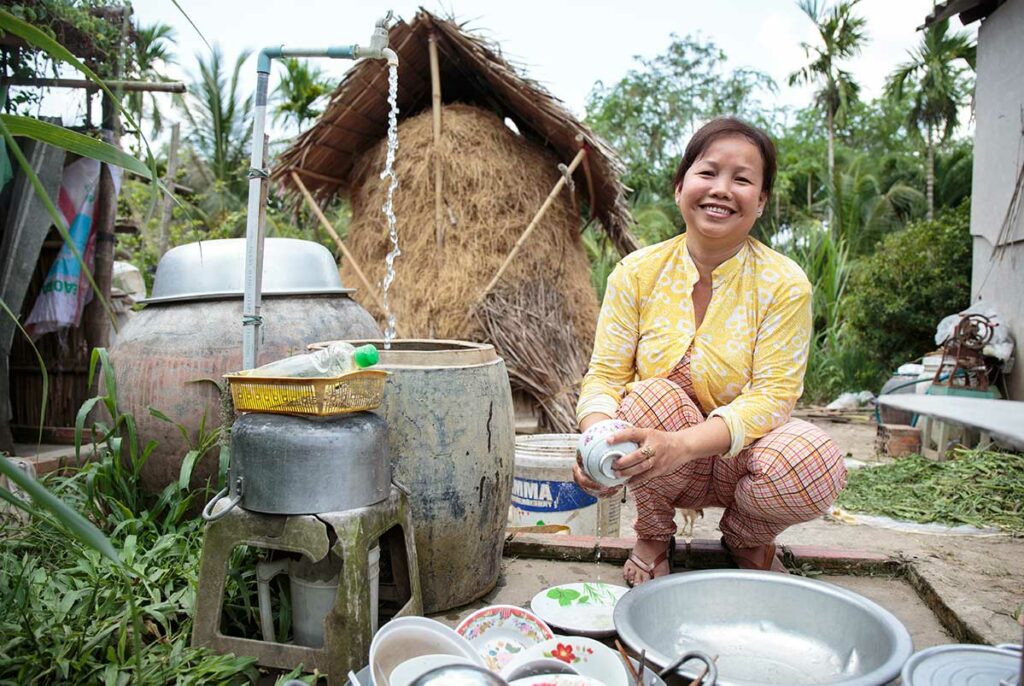
Drinking tap water
In Vietnam, it is not recommended to drink tap water directly. The tap water can contain bacteria or impurities that can make you sick. It is best to drink bottled water or use filtered water for drinking purposes. If you boil tap water for at least one minute, it can be safer to drink after cooling down. Boiling the water helps to kill harmful bacteria and pathogens.
When it comes to drinks made from water, such as those served in restaurants or cafes, it is generally safer to consume beverages that are prepared with purified or boiled water. Hot drinks like tea or coffee, where the water is boiled, are typically considered safe.
Ice cubes in Vietnam
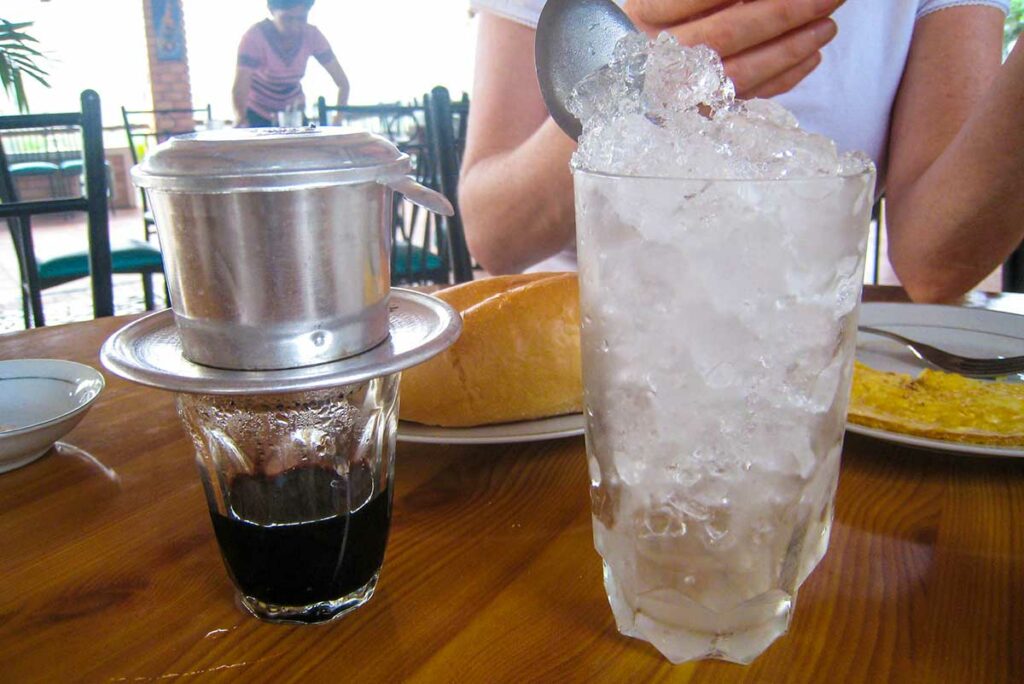
Most of the ice you will encounter in Vietnam is considered safe and can be consumed. In Vietnam, there are generally two types of ice: filtered ice, which is safe to consume, and unfiltered ice, which should not be consumed.
However, as a customer, it is highly unlikely that you will come across this type of ice. Restaurants, hotels, and even street vendors prioritize serving clean ice to customers as it is essential for their reputation and business. While there is no 100% guarantee of avoiding slightly dirty ice due to mishandling, such instances are unlikely to cause significant illness or health issues.
Brushing teeth with tap water
While brushing your teeth with tap water is generally considered safe in urban areas of Vietnam, it is better to be more careful in regions where water quality may be less. To minimize the risks here, it is recommended to use bottled or filtered water for brushing your teeth.
Showering and bathing
Showering, swimming and bathing with tap water in Vietnam is generally safe, particularly in urban areas where the water quality is relatively better. The primary concern with tap water in Vietnam is the consumption of it.
Washing & cooking food
If you are planning to eat your fruit and vegetables raw it is best to be a bit more careful. You can use bottled or filtered water for washing to minimize the risk.
Cooking food with tap water in Vietnam is generally safe. Boiling water during the cooking process helps to kill most bacteria and pathogens that may be present.
Bottled water
Bottled water is the safest choice for drinking in Vietnam. It is widely available and comes in various sizes to suit different needs. Popular sizes include 330 mL (11 oz), 500 mL (16.9 oz), 1.5 L (50.7 oz), 4 L (135 oz), and even 19 L (5-gallon) bottles for home or office use. Prices can start as low as 10,000 VND (approximately 0.43 USD).
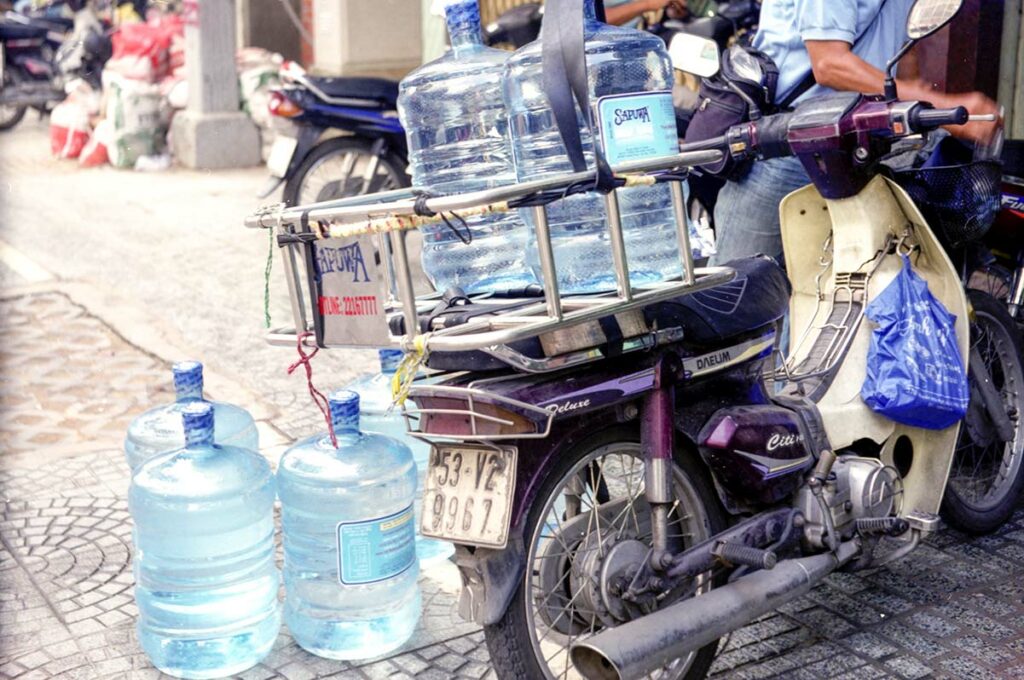
There are several trusted brands of bottled water in Vietnam, including Vinh Hao, Lavie, Aquafina, Dasani, and Evian, among others. These brands can be found in various places, such as convenience stores like Circle K, FamilyMart, WinMart, supermarkets, and even street vendors selling drinks. You can also find them in restaurants, hotels, and tourist areas.
It’s important to check that the bottled water is properly sealed before purchasing, and it’s advisable to buy at a reputable place to be sure of the quality of the water.
Tips for using tap water in Vietnam
- Opt for refrigerated beverages instead of using ice cubes in your drinks to avoid potential concerns with the ice quality.
- When purchasing bottled water, ensure that the bottle is properly sealed and shows no signs of damage. This will ensure the water’s freshness and safety.
- It’s a good idea to carry alcohol-based hand sanitizer with you to sanitize your hands before eating or cooking, especially if water for handwashing is not readily available.
- For washing contact lenses or treating minor injuries, it’s best to use bottled water to minimize the risk of allergies and infections. Carry appropriate solutions such as eye drops and lens solutions for your contact lenses.
- When dining out, consider ordering beverages that are served in sealed bottles or canned drinks as an extra precaution.
- If you have concerns about tap water quality, it’s always safer to brush your teeth using bottled water rather than using tap water directly.
